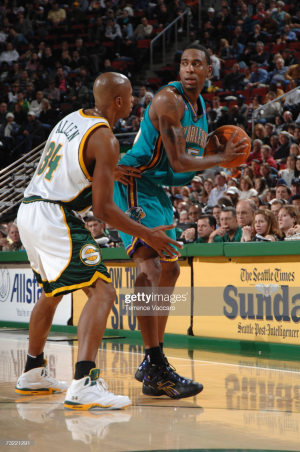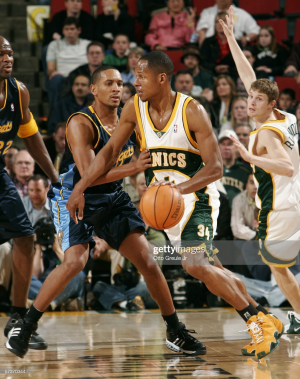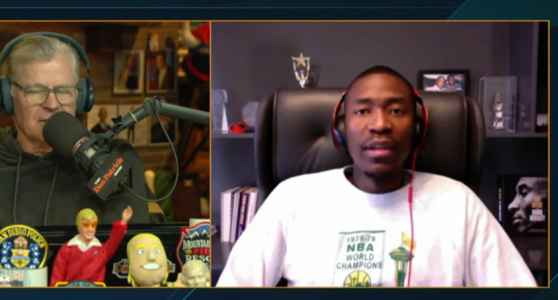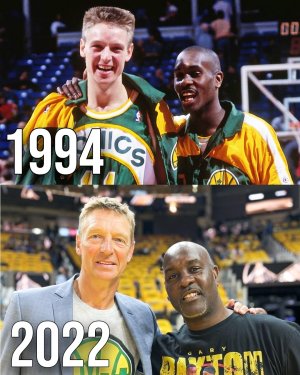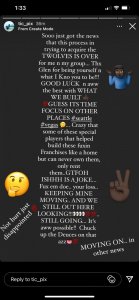D
Deleted member 38182
Guest
Well thats the thing, if Sac matches can Hansen just raise his bid again?How high will either side go?
I guess we just have to sit back and wait it out

FWIW Bruski is still adamant that this won't fly with the NBA, so we will see
Last edited by a moderator:






